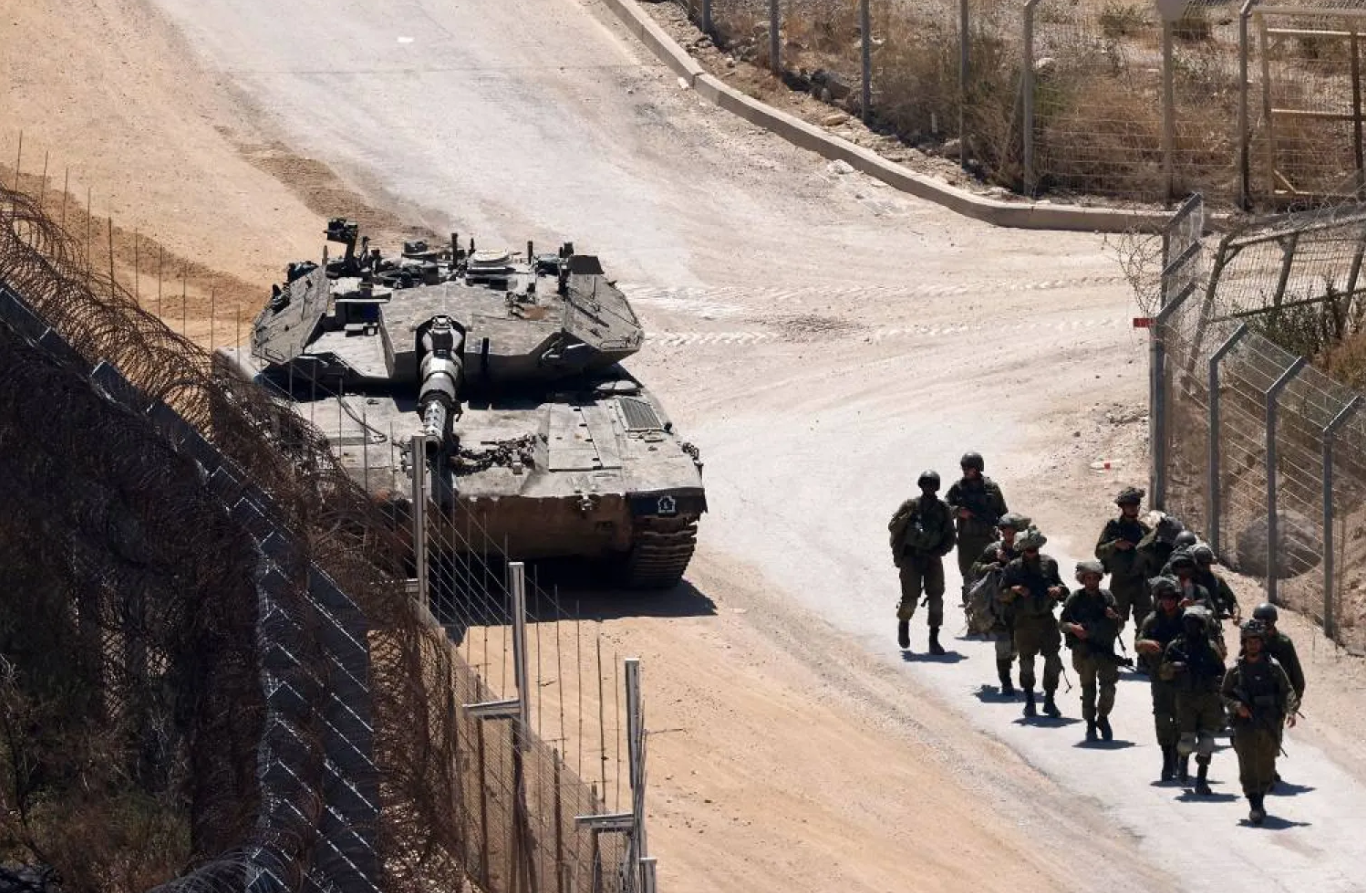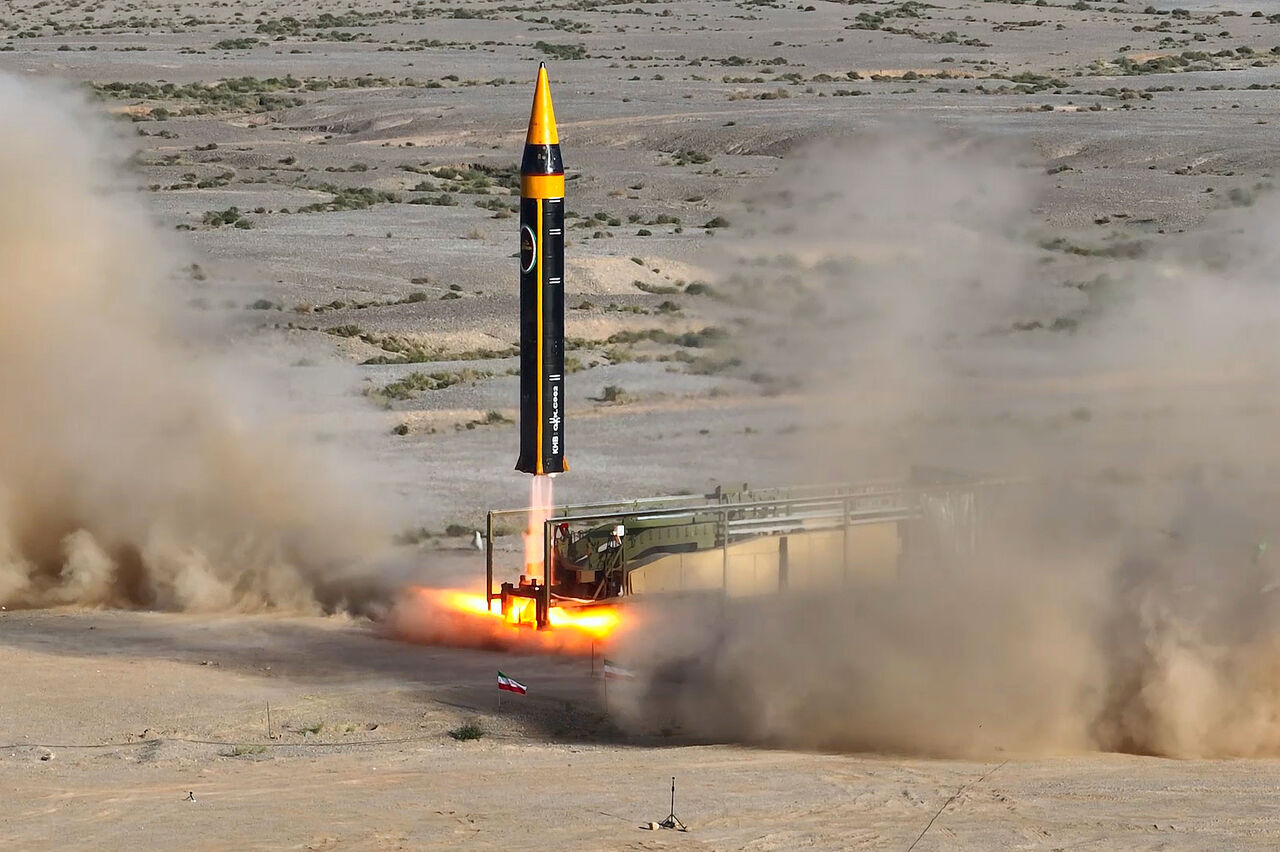At a time when the Middle East is in greater need of stability than ever before, Israel’s continued attacks on Syria’s infrastructure represent an escalating threat—not only to regional security but also to the security of Europe. From migration crises to the resurgence of extremism, the consequences of this structural destabilization extend far beyond the borders of the Levant.
Marwan Al-Abbas – Syrian Geopolitical Analyst
While the region seeks calm and stable pathways for reconstruction and development, the military and intelligence interventions of the Israeli regime in Syria have ushered in a new phase of structural disruption. This is not merely a Syrian tragedy; it is an unfolding threat with clear and immediate implications for both regional and European stability.
For years, Israel has capitalized on the security vacuums and sovereign fragmentation caused by Syria’s civil war to pursue actions that are far from purely “military” in nature. Rather, these interventions have deliberately targeted Syria’s national, economic, and social foundations. From precision airstrikes on critical infrastructure and airports to the assassination of scientific and technical elites, the core objective is not merely “deterrence” against Iranian or Hezbollah influence, but to obstruct Syria’s reconstruction and perpetuate an open wound at the heart of the Levant.
Even more concerning is the silence—and at times, implicit complicity—of certain Western actors. Despite repeated warnings from the United Nations, the European Union, and international human rights organizations about the devastating consequences of these policies, the lack of meaningful response reflects not ignorance, but calculated geopolitical interests and the far-reaching influence of Zionist lobbies in Western decision-making centers.
But this reckless game of fire does not scorch Syrian soil alone. History shows that whenever the Levant descends into crisis and collapse, its shockwaves surge toward Turkey, Greece, and the rest of Europe. In 2015 alone, the Syrian refugee crisis posed one of the most significant challenges to the EU’s internal security and political cohesion—a wave whose psychological, economic, and political aftershocks are still felt in Germany, France, and the Netherlands.
Now, with Israel intensifying its strikes on Damascus and Aleppo airports, disrupting aid, commerce, and reconstruction corridors, fears are mounting over the onset of a new wave of forced migration—particularly from northern and central Syria. This time, the displaced will not merely be fleeing war, but the total collapse of essential infrastructure and public services.
On another front, prolonged instability inevitably reignites dormant cells of extremist groups, which find fertile ground in the vacuum of security and pervasive social deprivation. This is precisely the threat European governments fear—yet by ignoring its root cause, namely Israel’s destabilizing strategy, they become, to a degree, complicit in its perpetuation.
In the end, it must be stressed that the continuation of such Israeli policies contributes nothing to its own security. On the contrary, it fans the flames of regional instability, extending even to Europe’s borders. The only viable path to containing Syria’s deepening crisis lies in the immediate cessation of cross-border attacks, respect for Syria’s national sovereignty, and a return to a pragmatic diplomatic framework. Any delay in pursuing this course will come at a heavy cost to all regional and global stakeholders.






